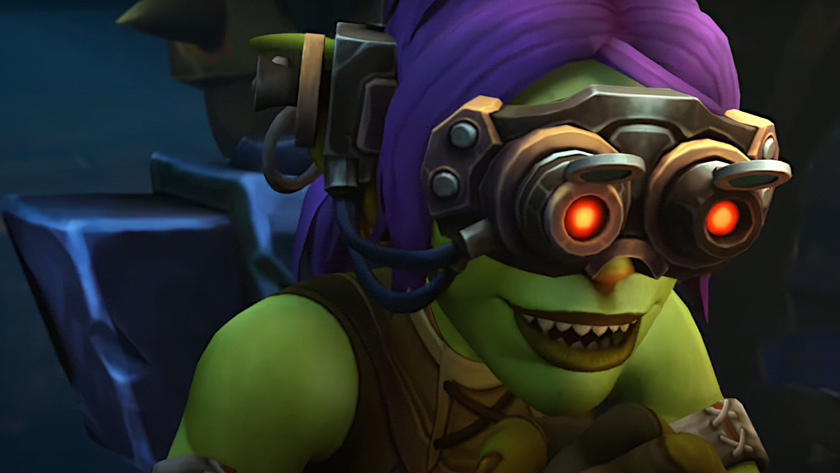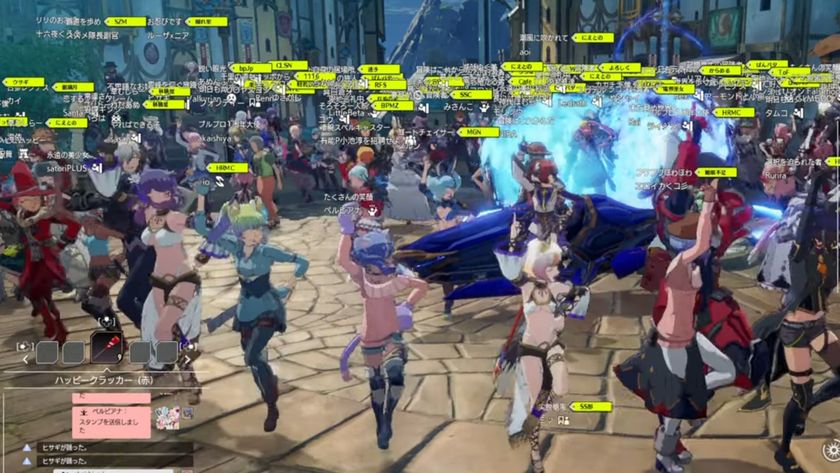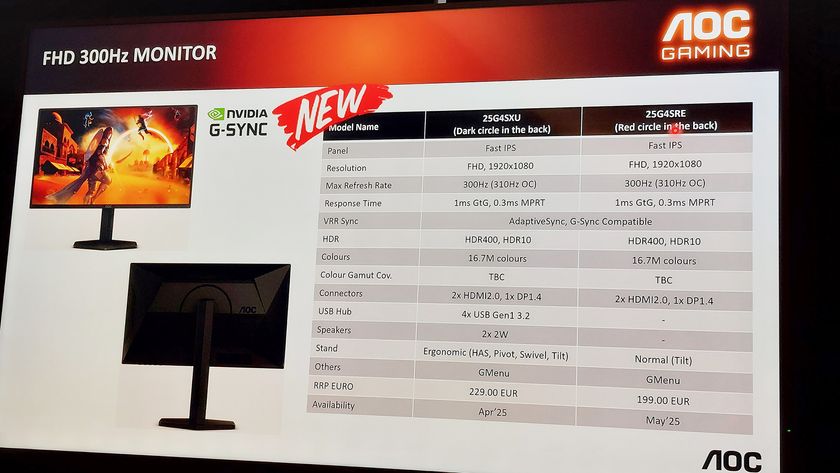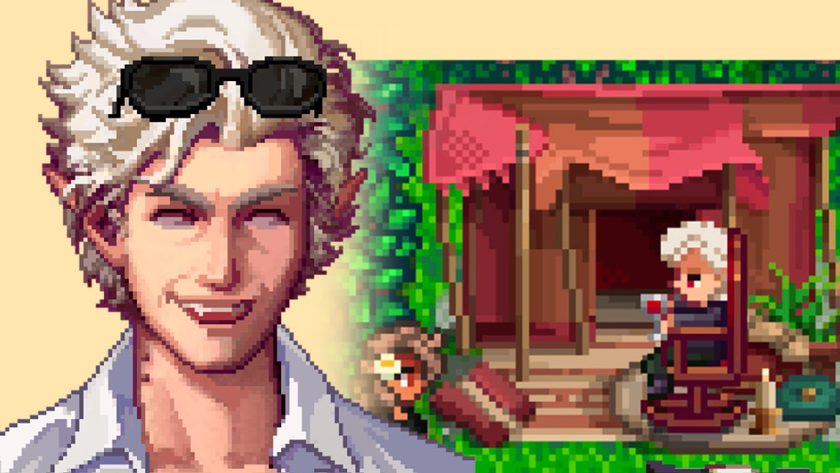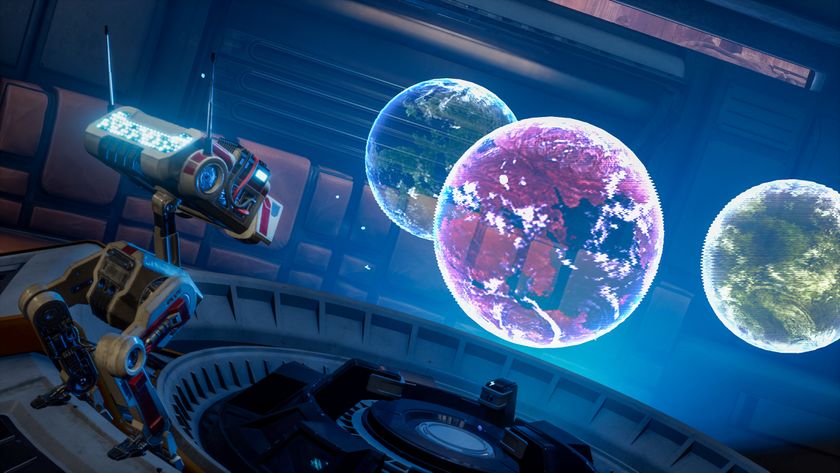
The last time I remember really enjoying player vs. player in an MMO was during the days of 24-hour classic Alterac Valley in World of Warcraft. I'm just not typically into MMO PvP. I have never once, for example, been into an instanced PvP warzone throughout my 200+ hours in Star Wars: The Old Republic. In general, this particular RP carebear wouldn't be terribly upset if most MMOs dropped PvP altogether. But Guild Wars 2 is different. It's handed me armfuls of things I didn't even know I wanted, possibly the greatest of which being a rekindled love of PvP.
I'm speaking specifically of the mega-instance World vs. World areas, which task players with everything from building siege weapons and capturing keeps to protecting supply lines from enemy raiders. Most efforts to do this kind of large-scale, open-area PvP have gone mildly to terribly awry. They're either systematically flawed, or end up getting redesigned to provide a quicker experience (read: Alterac.) But somehow, ArenaNet has pulled it off.
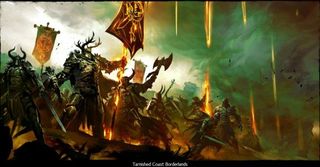
So what makes this situation different? First, everyone who enters the World vs. World area is immediately leveled to the cap of 80. You won't have any traits, skills, or gear that you haven't earned leveling, but it gives you a decent chance of winning against someone who does. This allows you to jump into the middle of a massive war at any time, and at any level.
Secondly, the objective design is pretty brilliant. No matter how large or small the group you're running with is, there's almost always something you can do to contribute to your side. Even alone and in pairs, you can raid a poorly-defended supply line and stop your enemies from upgrading their fortifications or building siege weapons. Likewise, you can guard one of your own caravans and scout the road for enemies who would look to halt its progress.

A mid-sized group can target the supply camps themselves, or one of the defensive towers that give you a great vantage point. And for those large single or multi-guild pre-mades, you'll have your work cut out for you capturing full-blown keeps and the stat-boosting orbs held by each of the three realms in your matched group. This scalability, paired with readable markers that tell you exactly in which direction significant battles are happening, creates an extremely accessible experience that you can ease yourself into gradually.
Last but not least, Guild Wars 2 nails scale and pacing. The set up of the game's four World vs. World areas - one "home" for each realm called the Borderlands and the hotly-contested meat grinder in the middle - are such that no match ever turns into a glorified tug of war, with battle lines shifting and collapsing and re-forming more organically. When three factions meet to fight over the same three capturable points, things can get crazy pretty fast, as ad-hoc alliances dissolve as quickly as they form. It's reminiscent of the kind of sweeping, chaotic battles you might see in a sandbox game like EVE Online. You can play for an hour and feel like you've accomplished something, but the option is also there to play for eight hours, watching territory change hands and massive, guild-led armies clash.

World vs. World could still benefit from tools that enable leaders to take command and communicate what everyone should be doing (rather than just hoping everyone will actually read team chat). A "commander tent" that lets you place objectives with added incentives on the map is one possibility. I'm also not thrilled with how long you have to run from spawn to get to some of the massive area's far corners. Even so, Guild Wars 2 has hit closer to the mark than any previous MMO in this arena. Close enough to get a jaded PvP curmudgeon like me to wade into the fray with a hearty battle cry, again and again.
The biggest gaming news, reviews and hardware deals
Keep up to date with the most important stories and the best deals, as picked by the PC Gamer team.

I'll see you in The Mists.
Len Hafer is a freelancer and lifelong PC gamer with a specialty in strategy, RPGs, horror, and survival games. A chance encounter with Warcraft 2: Tides of Darkness changed her life forever. Today, her favorites include the grand strategy games from Paradox Interactive like Crusader Kings and Europa Universalis, and thought-provoking, story-rich RPGs like Persona 5 and Disco Elysium. She also loves history, hiking in the mountains of Colorado, and heavy metal music.
